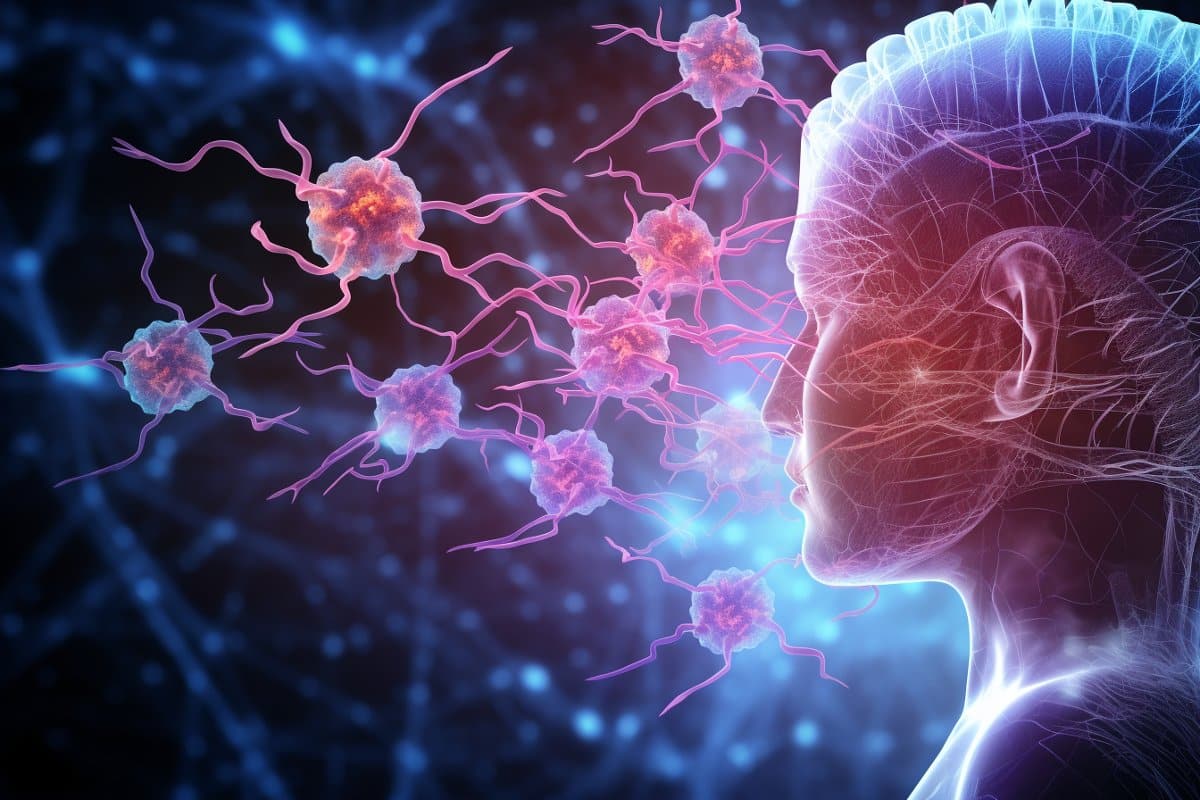
Could help determine which patients are likely to benefit from new Alzheimer’s drugs. A newly developed blood test for Alzheimer’s disease not only aids in the diagnosis of the neurodegenerative condition but also indicates how far it has progressed, according to a study by researchers at Washington University School of Medicine in St. Louis and Lund University in Sweden.
Several blood tests for Alzheimer’s disease are already clinically available, incl...
Read More









Recent Comments